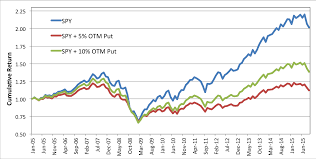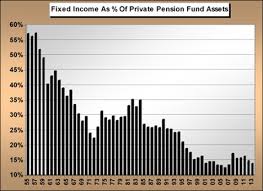Start Date:
23 October, 2024.
End Date:
25 October, 2024.
Course Overview
"Strategic Financial Management" refers to both - the financial implications and aspects of various business strategies and the strategic management of finance. If a company wants to be a blue-chip enterprise or a great enterprise for an all-time investment, it will have to adopt strategic approaches to cost management, sales and revenue management, fund-raising and fund-development and cost-benefit analysis for every prime decision of expansion, diversification, downsizing and renovation
Course Objectives:
By the end of the course, participants will be able to:
- Understand the limitations of traditional accounting models in an increasingly dynamic and fast changing world
- Contribute more effectively to corporate strategy by taking a more proactive and forward looking approach
- React to conditions of rapid change through enhanced awareness, anticipation and adaptation
- Understand and use alternative expressions of profit that start with a recognition of the impact on cash flow of the various stakeholders in a company
- Monitor the success of projects, strategies and even total businesses by articulating NPVs over time
- Be more confident in decision making and dealing with accountants and other specialists
- Assess the strategic financial performance of the company and compare it with that of competitors
- Understand the significance of cash flow and working capital management
- Understand the concepts of strategic price setting
- Understand how strategic financial management fits together in an integrative model
Course Outline
Introduction to Accounts
- Why are accounts needed?
- Key conventions and rules
- Financial accounts
- Management accounts
- Analyzing key financial statements
Strategic analysis of financial performance
- Ratio analysis
- The "Weinstock" performance ratios
- Competitor analysis
- Benchmarking
Analyzing the cost structure
- Different types of cost - fixed, variable
- Marginal costing
- Full costing
- Cost drivers and activity based costing
- Breakeven and contribution analysis
- Margin analysis
Cash flow and working capital control
- The cash flow cycle-Measures of solvency
- Capital investment budgeting
Financial control of the business
- The whole company budget process
- Integrating forecasting planning and budgeting
- Driving performance improvement through the budget
- Setting appropriate KPI's-Performance review process
- Multi -year budgeting
Pricing issues
- Price differentiation
- The supply and demand relationship
- The significance of volume and the experience curve
- Continuous improvement
- Dealing with competition
- Investment appraisal
- Cash versus profit measures
- Forms of appraisal
- payback, DCF, IRR-Allocating scarce funds
Funding growth
- Sources of additional funds
- The significance of gearing








